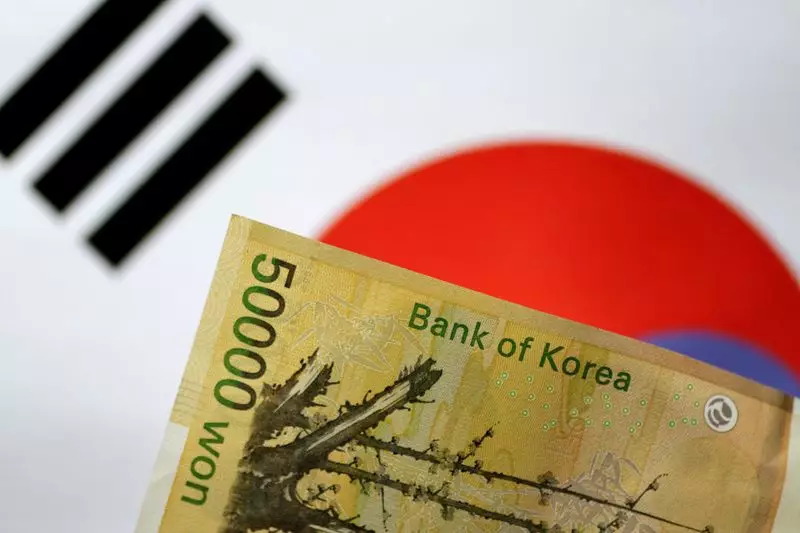In recent remarks, the Governor of the Bank of Korea, Rhee Chang-yong, highlighted the profound influence of political stability on the economic outlook of South Korea, the fourth-largest economy in Asia. During a news conference, Rhee emphasized that while external factors such as U.S. monetary policies once dominated economic forecasts, the current political landscape has emerged as the primary determinant of economic health. The unexpected decision to maintain the policy interest rate at 3.00% reflects a broader strategy to buffer the economy against the volatility spurred by political developments.
This perspective is significant, especially in light of South Korea’s tumultuous political climate, particularly following President Yoon Suk Yeol’s controversial attempt to enforce martial law. This endeavor has been widely criticized and led to a political crisis that may reshape the nation’s governance and economic strategies for years to come. Rhee argued that stabilizing the political process is now more crucial than making rapid adjustments to interest rates. This statement underscores the shifting priorities within the central bank and hints at a deeper consideration of political factors in economic decisions.
Political Turbulence and Economic Forecasts
The political turmoil has not gone unnoticed, leading to a revision of the government’s economic growth forecast for 2025, which has been downgraded from 2.2% to 1.8%. Such a reduction signals the government’s cautious stance amid uncertainties stemming from political affairs. Rhee’s assertion that the need to support the won—a vital indicator of the country’s economic health— is critical, suggests that the central bank is maneuvering through a precarious landscape influenced by both economic and political variables.
The recent arrest of President Yoon, making history as the first sitting president to experience such a fate, has ushered in a complex dynamic for the economy. While initial reactions saw the won appreciating slightly following the announcement of his arrest, the situation remains volatile. Investors and analysts remain wary, as this singular event is unlikely to resolve the deeper political crises affecting South Korea’s governance.
The Broader Implications for Investors
For investors and businesses operating in South Korea, the current climate necessitates a reevaluation of risk and opportunity. Political instability can deter foreign investment and consumer confidence, adversely affecting the broader economic landscape. The situation warrants close observation as the unfolding events could set precedents with long-standing effects on South Korea’s economic policies and international relations.
As the Bank of Korea navigates these multifaceted challenges, it becomes increasingly clear that the intersection of politics and economics will play a crucial role in shaping not only immediate fiscal policies but also the long-term trajectory of South Korea’s economy. Stakeholders must remain alert to these developments, as political resolutions—or the lack thereof—will likely carry significant consequences for economic stability in the months to come. In this high-stakes environment, the importance of transparent governance and political accountability cannot be overstated in ensuring economic resilience.

